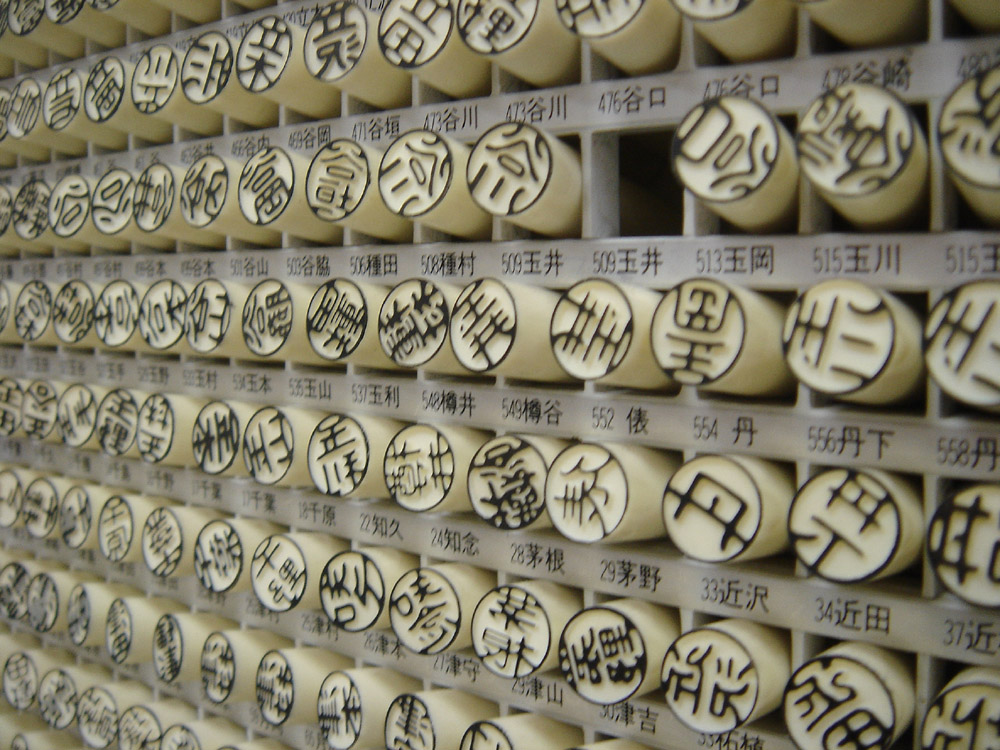Updated January 15, 2024
Economics textbooks have been overly obsessed with the idea that greater equity (fairness) usually leads to less efficiency (production of goods and services). Economists typically measure equity as equality of monetary wealth because the typical economist is a mutilitarian who measures The Good (also known as utility) in money. It is true that if a society tried to guarantee absolute equality of income it would be inefficient, but perfect equality of income would also be unfair. That is why nobody has ever tried to achieve exact equality of income. People who support higher inequality to benefit elites like to bring this up as a strawman argument against greater equality, but it just a reductio ad absurdum that has never been anyone’s real goal, not even under communism. Governments (and other social institutions like businesses and families) actively work to reduce inequality, but most of these actions create higher efficiency not less because more equity often creates greater efficiency.
For one thing, the creation of every public good (as the term is formally defined) creates greater equality and public goods generally increase efficiency or else economists would not call them goods. A public good is non-excludable by definition which means that everyone has equal access. Examples include most roads, the lights from streetlights, public parks (which are usually more efficient at producing enjoyment for the median person than walled-off private parks), knowledge, clean air, etc. Fire and police protection could be excludable in theory, but most societies today attempt to provide universal protection which is more efficient at producing benefits than nearly all historic examples of inequitable private provision.
But even government programs that seem to mostly give private benefit to individuals like universal healthcare and universal education lead to more equitable and efficient outcomes. Both increase a nation’s human capital and productivity and without universal education democracy doesn’t work. My former advisor, Joe Persky, used to say that public education was by far the biggest welfare program in the US. When measured by government spending, it was the biggest social welfare program in the US for most of US history, but today healthcare spending is bigger. 
According to a 2012 article in BMC Public Health, there is no equity-efficiency tradeoff for universal health insurance. It dramatically reduces health inequities and all the universal health systems are more efficient at producing better outcomes at a lower cost than less equitable health systems. Among poor countries, Cuba is the only example with universal health insurance. Although Cuba’s system is worse than healthcare in rich countries, it is excellent compared with most poor nations. Medical care is one of very few things that Cuba does better than most countries in the world. It is so successful that Cuba exports doctors to other countries around the world. Among rich countries, only one nation does not produce universal health insurance, the US, and the US has the least cost-efficient health system in the world. The US is a huge importer of foreign-educated doctors because we cannot even produce enough doctors to meet our own needs and the small number of doctors in the US contributes to our high healthcare prices and waiting times to see doctors.
Matt Yglesias argues that easing up on medical licensure would increase both efficiency and equity:
A longstanding proposal from economist Dean Baker is to eliminate the rule that foreign-trained doctors must complete a U.S. residency program before practicing in the United States. If you or a loved one got sick in Lithuania, you probably wouldn’t feel any profound doubts about a Lithuanian doctor’s ability to treat you. Even without any specific information about Lithuanian medical training rules or EU regulatory standards, most of us would assume that whatever’s going on there is probably okay…
We should have an objective training and licensing standard that can be met by residents of any country — Lithuania or Mexico or Bangladesh or Nigeria — who are then allowed to come to the United States and work. That’s how free trade in goods works. Importing children’s toys isn’t a deregulated free for all, but the rule is that if a toy complies with Consumer Product Safety Commission rules then it can be made in China or Vietnam or wherever.
Medical training should work the same way. This would reduce doctors’ income, but grow real wages for the majority of Americans…
The same logic could be applied to dentists. And also to scope-of-practice rules that make it hard for dental hygienists to clean dead teeth without working for a dentist [link] and to rules that make it hard for a nurse practitioner to provide routine medical care services. These are all ideas that would build a more egalitarian, more prosperous economy without increases in taxes or explicit welfare payments.
Equity of rights is also good for efficiency because society cannot be productive without considerable equity in basic rights like the freedom of speech, and freedom of association. If only one person has freedom of speech, ideas will be suppressed and governance will be corrupt.
I’m not sure if the right to free speech can be too equal, but property rights can be too strong or too weak. Excessively weak property rights is anarchy which is very equal, but unfair and inefficient. Excessively strong property rights are monopolies that are highly inequal and also inefficient.
There are many ways that equity can enhance efficiency. Nicholas Gruen says that Toyota’s production system created greater efficiency by decentralizing authority and making the system more equitable.
Likewise early childhood intervention programs [can] save those at risk of leading horrible lives and get them to lead much less horrible lives – to the benefit of the people immediately involved and all those around them – including their governments, who are more likely to be receiving more revenue and paying out less in doles and/or prison capacity.
Mel Lorenzo Accad argues that equality of opportunity is a case where equity increases efficiency. He gives the example of women’s liberation:
When women were given equal chance to have the education, career, and political powers they want, imagine that the country could at most double its national output because of the additional labor and productivity.
There is also an extensive empirical literature that often finds that more equal nations are indeed more efficient. More equal nations have less government corruption (good for business) and less expenditures on police and monitoring employee theft. It looks like there is a bigger problem of nations erring on being too far to the left side of the inequality-equity curve:
 If anything, we should try to err on the side of too much equity because the alternative is more dangerous.
If anything, we should try to err on the side of too much equity because the alternative is more dangerous.
Many critics of equality give the example of Soviet Russia as an example of a society that was too equal, but the Soviet Union did not collapse due to any economic crisis. It was a political decision to abandon communism and that subsequently caused an economic collapse during the 1990s as inequality soared. Soviet Russia actually had some of the fastest economic growth in the world for the first half century of communism and that is how the former backwater nation rapidly rose to become a superpower. From the beginning of communism until the mid 1970s, the only period when their economic growth was slower than the US was during WWII when the Soviets did the bulk of the work defeating the Nazis who destroyed much of Russia’s industrial heartland whereas the US economy was pumped up by building war machines to export to Eurasia.

Communist Russia was much more equal than the US from the 1920s to 1990 and so excessive inequality was not a problem. It was mismanagement that led to Russian stagnation in the mid 1970s and 1980s. And the dramatic spike in Russian inequality in the 1990s has been a disaster for their economy.
Many textbooks assume the US always has excessive inequality (on right side of the curve), but there is little empirical support for this. Arthur Okun wrote an entire book that worried about too much equality titled “The Big Tradeoff”, but we should be more worried about making sure we exhaust all policies to get us as far up the left side of the curve as possible before we worry about how far down the right we want to descend.
Elites have disproportionate political power in every nation and elites know that they can get richer by increasing inequality. History demonstrates that most elites care more about increasing their selfish status than about increasing efficiency and that means that politics typically causes inequality to be inefficiently high. The exception is when there is a existential crisis that forces a nations leaders to maximize efficiency and, as Walter Schiedel shows, elites then usually implement policies that increase equality.
There is a lot of cost-benefit analysis and it is hard to find evidence for the tradeoff anywhere. One likely place is the pensions and healthcare for the disabled and old people. It would be more efficient to just let everyone die when they stop working, but nobody wants to live in that kind of society so we are all comfortable with a little tradeoff in this case.
Personally, I think we should strive to reduce efficiency enough to maximize median lifetime income. That is only a little tradeoff, and I think it is a good tradeoff to aim for. I don’t think it would involve much sacrifice for elites and it would benefit the vast majority of people.














In this post, you argue that there is no equity-efficiency trade-off in some cases by underlining that equity improves efficiency. I would like to know more about how efficiency promotes equity.
Thank you for your post.
Policies that increase efficiency also often increase equity. It isn’t always the case as I mentioned in an earlier post you might have missed (https://medianism.org/2014/03/04/it-is-an-equity-efficiency-curve-not-a-tradeoff/). I posted a new post about this topic to try to answer your question, but I’m not sure if it is going in the direction that you are interested in. Let me know if you have other questions. The new post is at: https://medianism.org/2014/06/01/a-parable-about-efficiency-and-equality/
By the way, the reason I answered in a new post is that I wanted to show a graph about the tradeoff using two kinds of education as an example and that was the only way to do that.